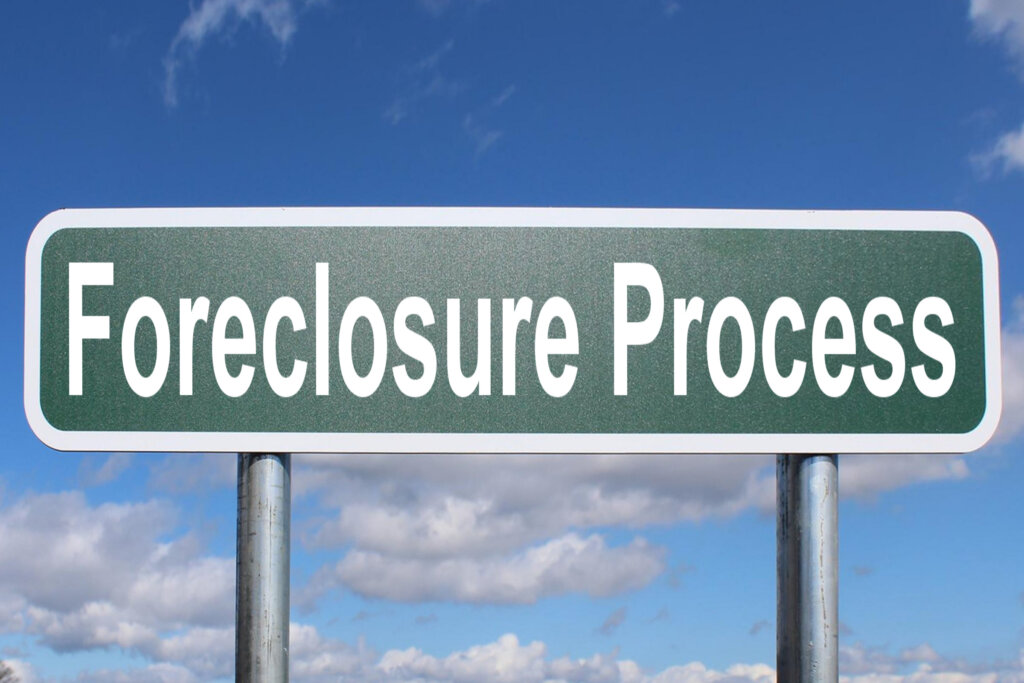Understanding the Foreclosure Process in Bethesda MD

Introduction
When someone searches for “Understanding the Foreclosure Process in Bethesda, MD,” they are likely going through an incredibly stressful time in their life. The possibility of foreclosure often feels like a looming disaster, and the person searching this query probably feels overwhelmed, uncertain, and maybe even a little helpless. They might have received foreclosure notices from the bank or are starting to fall behind on their mortgage payments and are looking for ways to stop the process or understand what will happen next.
The individual likely wants to know the entire process—what happens when foreclosure begins, how long it takes, and what legal steps they can take to avoid losing their home. They might also be concerned about the impact this situation will have on their credit and financial future. Moreover, they may want to know if there are any options available that could help them save their home or sell it quickly for cash without going through a lengthy foreclosure process.
For these people, information is key—clarity on timelines, legal details, and possible solutions like selling their home fast for cash might be what they need to make informed decisions about their future. This blog aims to guide them through the foreclosure process, give them a clear understanding of what they’re up against, and show them why selling to a trusted cash buyer could be their best option.
Understanding the Foreclosure Process in Bethesda, MD: What You Need to Know
What is Foreclosure, and Why Does it Happen?
Foreclosure is a legal process in which a lender or bank attempts to recover the balance of a loan by taking possession of the property. In Maryland, foreclosure usually occurs when the homeowner fails to make mortgage payments for a certain period, typically three to six months, depending on the lender and the specific circumstances.
In Bethesda, as in other parts of Maryland, a bank can start the foreclosure process after a homeowner misses payments, and it typically starts with a notice of default. The homeowner is given a certain amount of time (often 30-60 days) to catch up on the payments. If they fail to do so, the bank files a lawsuit to begin the foreclosure process. This might feel like an out-of-control situation, but understanding the steps involved can help you regain a sense of control.
You can explore foreclosure laws in Maryland for more details about the legal process and timelines.
How Long Does the Foreclosure Process Take in Bethesda, MD?
In Maryland, the foreclosure process can take several months—usually between 180 to 270 days, or approximately six to nine months. The exact timeline can vary depending on the specific situation and whether the homeowner takes steps to stop or delay the process.
Once the lender files a lawsuit, the court schedules a hearing. If the judge rules in favor of the lender, the court will issue a foreclosure order, and the property will be scheduled for a public auction. If there is no buyer at the auction or the home doesn’t sell for enough to cover the loan, the lender may take ownership.
If you’re facing foreclosure in Bethesda, it’s crucial to understand the timeline so you can take action early. As stressful as it may seem, there are often ways to delay or stop the process if you act fast.
The Steps of Foreclosure in Bethesda, MD
Here’s an overview of the foreclosure process in Bethesda, MD:
- Missed Payments and Notice of Default: If you miss a payment or two, the lender will typically issue a late payment notice. After 90 days of missed payments, the lender sends a notice of default, which means they have the right to initiate foreclosure proceedings.
- Pre-Foreclosure (120 Days): After the notice of default, you will enter pre-foreclosure, where you have the opportunity to bring your mortgage current or explore other options such as selling your house.
- Foreclosure Lawsuit: If payments are still not made, the lender files a lawsuit in court to proceed with foreclosure.
- Auction and Sale: If the court rules in the lender’s favor, the property will be scheduled for a public auction. The home will be sold to the highest bidder, and the lender will recover as much as possible.
- Post-Foreclosure: If the property does not sell at auction, the lender will take possession and attempt to sell it through a real estate agent.
Understanding these stages can help you take proactive steps to either stop foreclosure or minimize its impact.
Can I Stop Foreclosure in Bethesda, MD?
Yes, there are several ways to stop foreclosure or delay the process in Maryland. Some of the most common methods include:
- Loan Modification: If you’re struggling with payments, you may be able to negotiate a loan modification with your lender, which can lower your interest rate or extend the term of your loan to make it more manageable.
- Refinancing: Refinancing your mortgage can help you secure a better rate or more favorable terms.
- Forbearance: Some lenders offer forbearance, allowing you to temporarily suspend or reduce your mortgage payments if you’re facing a temporary financial hardship.
- Selling Your House for Cash: If your situation is dire, you may want to consider selling your house for cash to avoid foreclosure. This can be a fast and efficient way to pay off your debt and move forward with your life without the long-term damage of a foreclosure on your credit.
In many cases, homeowners find that selling their property quickly for cash allows them to avoid the long, drawn-out foreclosure process and start over without further financial strain. You can read more about this option in our How to Stop the Bank from Foreclosing on Your Maryland House page.
The Impact of Foreclosure on Your Credit
Foreclosure can have a significant and long-lasting impact on your credit score. A foreclosure can cause your credit score to drop by 100 points or more, and it may take years to fully recover. This can make it more difficult to qualify for future loans, credit cards, or even rental applications.
In Maryland, it’s important to understand that a foreclosure will stay on your credit report for up to seven years. However, by selling your house for cash, you can avoid foreclosure entirely and minimize the damage to your credit score. This is one of the main reasons why selling your home to a cash buyer may be a better option than letting the foreclosure process play out.
According to Experian, foreclosure can reduce your credit score by more than 100 points. For further reading on how it affects your credit, visit Experian Website.
Should I Consider a Short Sale Instead of Foreclosure?
A short sale is when you sell your home for less than the amount you owe on your mortgage, and the lender agrees to accept the proceeds as full payment. A short sale can be a good alternative to foreclosure because it often has less of an impact on your credit score.
However, short sales can be a long process. The lender must approve the sale, and this can take months. Plus, you’ll still be responsible for the deficiency (the difference between what you owe and what the house sells for), which could come back to haunt you later. But for some homeowners, a short sale may be the best way to avoid the complete devastation of a foreclosure.
If you’re unsure whether a short sale is the right option for you, you can read more in our Short Sale vs. Foreclosure – What’s the Difference? page.
What Happens If I Don’t Act?
If you fail to take action, the foreclosure process will move forward, and your home will be auctioned off. At this stage, it’s often too late to negotiate a sale or find a solution. This can result in a significant financial loss, as you will lose your home and any equity you have built up over the years.
The impact of foreclosure goes beyond just losing your home—it can affect your financial future for years to come. If you’re facing foreclosure in Bethesda, it’s important to take action as soon as possible, whether that means negotiating with your lender, exploring alternatives like a short sale, or selling your home for cash.
Why Selling Your Home for Cash Might Be the Best Option
When faced with foreclosure, selling your house for cash can be the most efficient and stress-free option. You’ll avoid the legal battles and long timelines associated with foreclosure and short sales. Cash buyers can close quickly—sometimes in as little as seven days—allowing you to pay off your mortgage, avoid the damage of foreclosure on your credit, and move on with your life.
In addition, selling your home for cash means you won’t have to worry about repairs, inspections, or closing costs. A cash offer can be exactly what you need to quickly and efficiently solve your foreclosure problem.
Conclusion: The Risks of Foreclosure and Why Selling for Cash is a Better Option
Foreclosure is a complicated, time-consuming process that can leave you with serious financial and emotional repercussions. By understanding the foreclosure process, you can make informed decisions about how to proceed. If you’re facing foreclosure in Bethesda, MD, you may want to explore alternatives like loan modification, short sales, or selling your home for cash.
While each option has its pros and cons, selling your home for cash is often the quickest and most effective solution. Not only will you avoid foreclosure, but you can also move on with your life without the long-term damage to your credit.
If you’re ready to take control of your situation and avoid foreclosure, Simple Homebuyers is here to help. We offer fair cash offers and a fast, straightforward process that allows you to sell your home quickly, without the hassle of repairs, fees, or lengthy negotiations. Contact us today to get a cash offer and avoid the stress and damage of foreclosure. We’re ready to assist you in regaining peace of mind.

